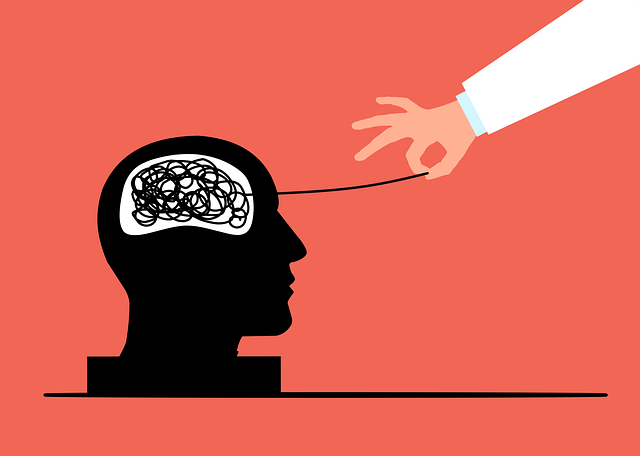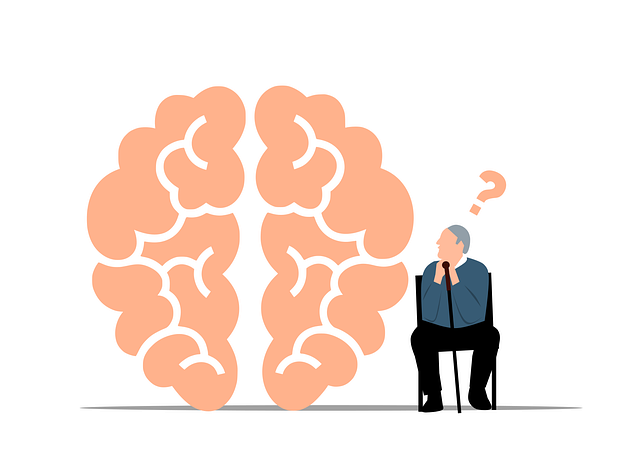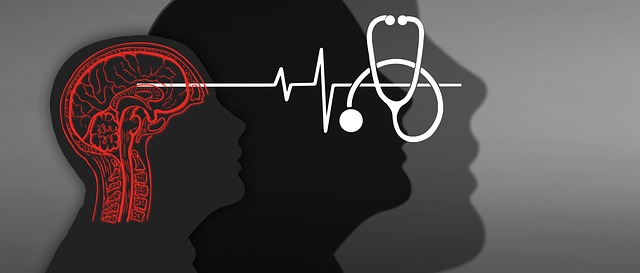Mental Health Crisis Hotlines in Arvada provide 24/7 support using Arvada Cognitive Behavioral Therapy (CBT) to address acute emotional distress and mental health emergencies. Trained professionals offer tailored assistance, emphasizing rapid intervention, emotional healing, and destigmatizing mental health issues. These hotlines also supply Mental Wellness Journaling Exercises for self-reflection and coping strategies, combining immediate crisis relief with long-term support for sustained mental well-being. Crisis hotline operators, crucial to this process, receive extensive training in active listening, de-escalation, and CBT techniques, ensuring personalized, resilient support despite demanding conditions.
“Mental health crisis hotline support services play a pivotal role in emergency care, offering immediate assistance to those in distress. This article explores the critical function of these hotlines, focusing on the integration of Arvada Cognitive Behavioral Therapy (CBT) techniques for effective intervention. We delve into strategies for accessing and utilizing these services, highlighting the dedication and training required by crisis hotline operators. From understanding mental health crises to managing behind-the-scenes challenges, this comprehensive guide illuminates the vital work done to support individuals in need.”
- Understanding Mental Health Crisis Hotlines
- The Role of Cognitive Behavioral Therapy (CBT) in Emergency Support
- Accessing and Utilizing These Services Effectively
- Behind the Scenes: Training and Challenges for Crisis Hotline Operators
Understanding Mental Health Crisis Hotlines

Mental Health Crisis Hotlines serve as vital resources for individuals grappling with acute emotional distress or mental health emergencies. These 24/7 services provide immediate support, offering a safe space for people to express their struggles and receive guidance. Trained professionals on these hotlines are equipped with knowledge in various therapeutic approaches, including Arvada Cognitive Behavioral Therapy (CBT), enabling them to offer tailored assistance.
Understanding the urgency of the situation, these hotlines focus on rapid intervention and emotional healing processes. They play a crucial role in public awareness campaigns development by destigmatizing mental health issues and encouraging individuals to seek help proactively. Additionally, they often provide resources for Mental Wellness Journaling Exercises, guiding users through self-reflection and coping strategies to enhance their overall mental wellness.
The Role of Cognitive Behavioral Therapy (CBT) in Emergency Support

In moments of intense emotional distress, Cognitive Behavioral Therapy (CBT) emerges as a powerful tool within emergency support services. CBT is a highly effective form of therapy that focuses on identifying and changing negative thought patterns and behaviors contributing to mental health crises. By helping individuals challenge and replace unhelpful cognitive distortions with more realistic and positive ones, CBT empowers them to manage their emotions more effectively.
This therapy facilitates the emotional healing processes, enabling people to regain a sense of control over their lives. It plays a pivotal role in mood management by teaching coping strategies that can prevent or mitigate episodes of depression and anxiety. Through CBT, individuals gain valuable insights into their thought processes, allowing them to proactively address triggers and maintain mental well-being. The immediate applicability of CBT techniques makes it an invaluable resource for emergency hotline support services, offering a practical approach to short-term crisis intervention and long-term recovery.
Accessing and Utilizing These Services Effectively

Accessing and utilizing mental health crisis hotline support services effectively requires a strategic approach. Individuals often find themselves at a crossroads when facing a mental health crisis, unsure of where to turn. The first step is to recognize the need for help and understand that reaching out is a sign of strength. Many communities offer confidential hotlines staffed by trained professionals who can provide immediate assistance. These services are designed to offer a safe space for individuals to express their concerns without fear of judgment.
For those seeking long-term support, Arvada Cognitive Behavioral Therapy (CBT) therapy and similar evidence-based practices have proven effective in coping skills development. CBT helps individuals identify and change negative thought patterns, leading to improved stress management workshops organized by local organizations. By combining hotline access with therapeutic interventions like CBT, individuals can learn valuable stress reduction methods tailored to their specific needs. This comprehensive approach ensures that those in crisis receive immediate relief while also empowering them with tools for sustained mental well-being.
Behind the Scenes: Training and Challenges for Crisis Hotline Operators

Crisis hotline operators play a vital role in supporting individuals facing mental health crises. Behind the scenes, their training involves rigorous preparation to handle sensitive situations effectively. This includes learning active listening skills, crisis de-escalation techniques, and knowledge of various mental health conditions. Operators are equipped with resources like Arvada Cognitive Behavioral Therapy (CBT) strategies to offer tailored support.
However, the job presents unique challenges. Long shifts, high call volumes, and the emotional weight of constant exposure to distressing situations can be taxing. Operators must maintain composure while managing their own mental wellness, often relying on peer support and self-care practices. Continuous training and professional development are crucial to enhance their skills and resilience, ensuring they provide the best possible care in this demanding yet impactful role.
Mental health crisis hotline support services play a vital role in assisting individuals during their most vulnerable moments. By combining quick response times with evidence-based practices like CBT, these hotlines offer life-saving interventions. Effective access and utilization of these services depend on community awareness and operator training, addressing challenges to ensure quality care. In Arvada or anywhere, recognizing the importance of crisis hotline operators is crucial in fostering a healthier, more resilient society.














